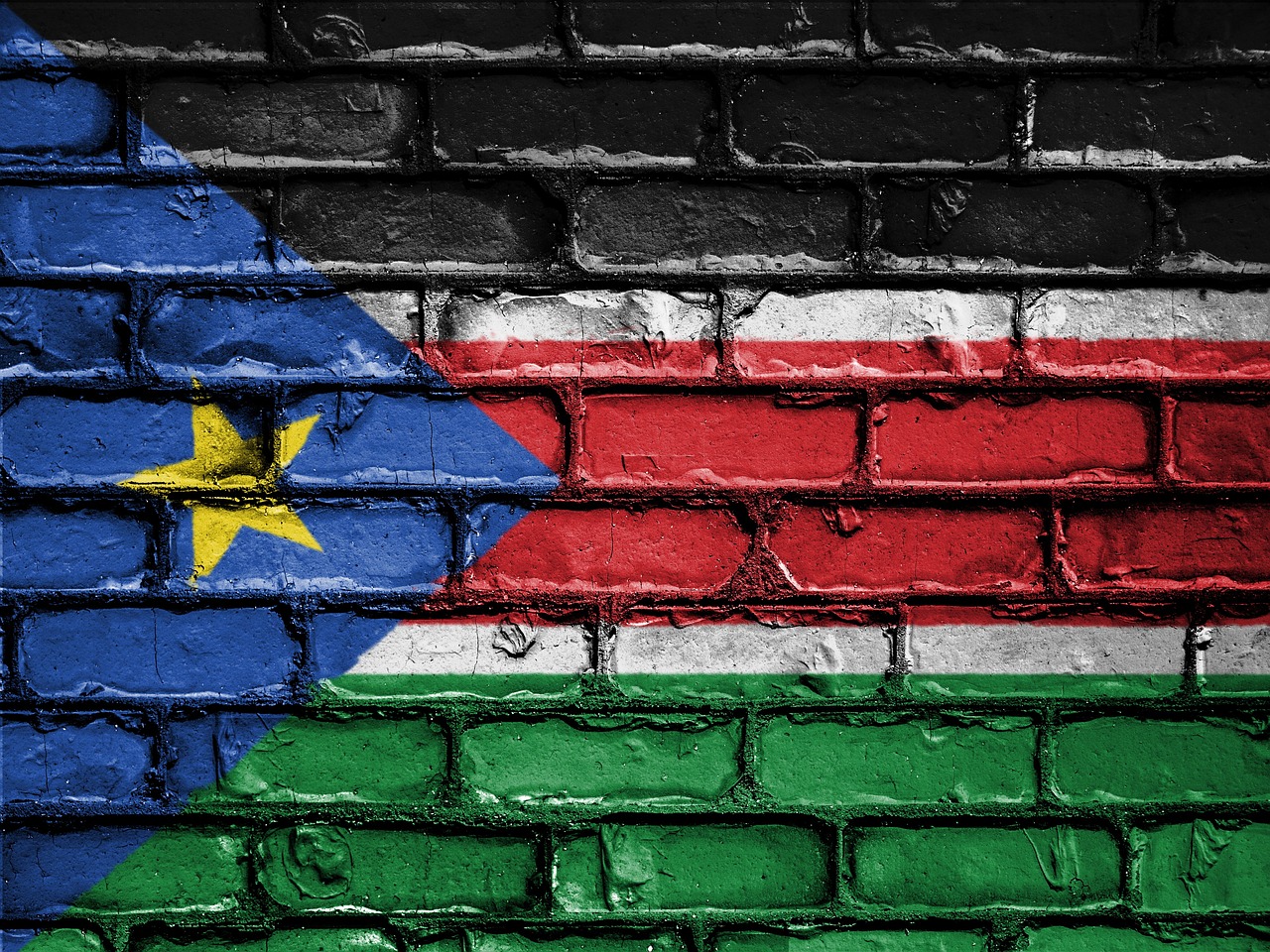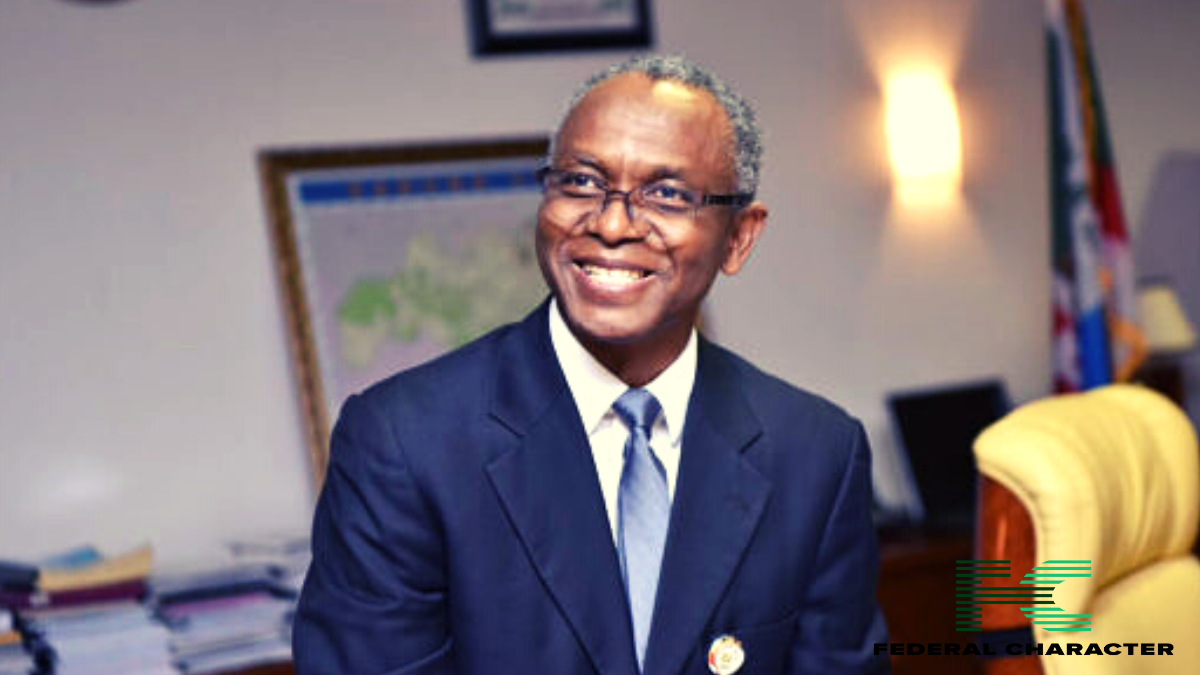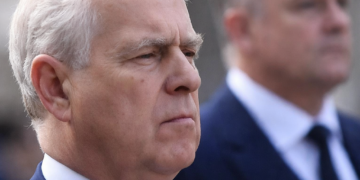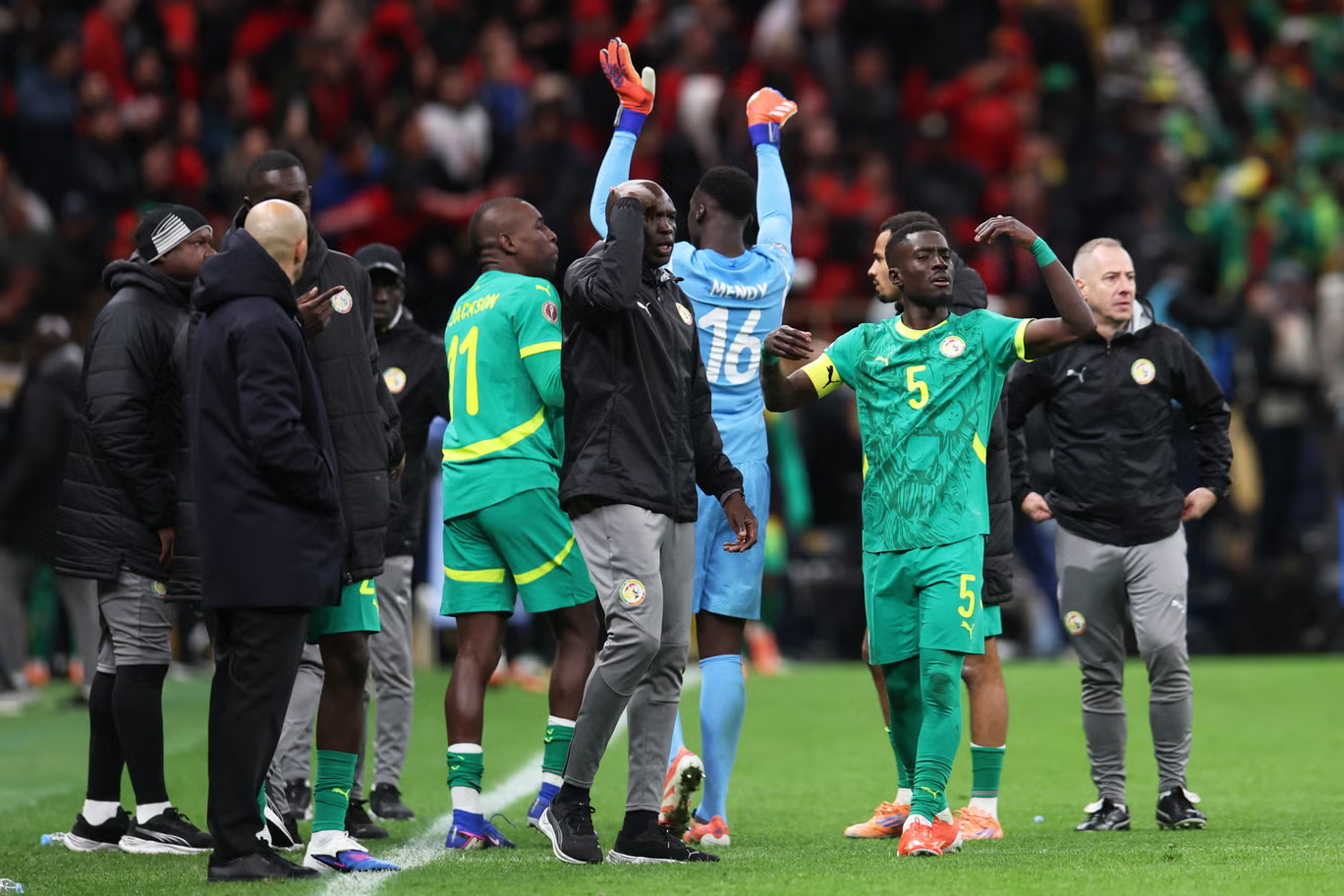The so-called “treason trial” of Riek Machar is a legal proceeding in name only. Stripped of its pretenses, this is a dangerous and naked power grab by President Salva Kiir, designed not to dispense justice but to sideline his chief political rival. Holding a trial for a sitting First Vice President in a venue typically reserved for weddings and concerts, with media access restricted to state-run television, is not the action of a government committed to due process.
It is a show trial, a political farce that risks pushing South Sudan back into the devastating conflict that has already claimed hundreds of thousands of lives. The fragility of the current peace is an open secret, and this move is a deliberate gamble with the nation’s stability for the sake of one man’s political ambitions.
The charges of murder, treason, and crimes against humanity leveled against Machar and his allies are deeply ironic, given the history of the country’s leadership. Both President Kiir, a member of the majority Dinka ethnic group, and Machar, who hails from the Nuer people, have been central figures in a power struggle that has been the primary driver of South Sudan’s cyclical violence.

The Dinka are the largest ethnic group, constituting an estimated 35.8% of the population, while the Nuer are the second largest, making up around 15.6%. The fact that Machar’s supporters, the Nuer-dominated White Army militia, are being singled out for blame while the violence perpetrated by other groups is ignored underscores the deeply political and ethnic dimensions of this “trial.”
This is not a courtroom; it is a stage for political theater, a desperate attempt by one faction to use the legal system to eliminate its opposition. The claim that Machar’s immunity as a sitting vice president has been stripped is a flimsy legal argument and an even flimsier basis for national stability.
Why It Happens
South Sudan’s leadership is currently on a collision course with disaster, and simply allowing this trial to proceed will lead to a predictable and tragic outcome. The solution is not a legal one, but a political one. The international community, particularly the African Union and the United Nations, must apply immediate and immense pressure on President Kiir’s government to abandon this path.
This pressure should include the threat of targeted sanctions against key officials if the peace agreement is not upheld. The international community should also call for a neutral, credible process to address the accusations, perhaps with international observers or a different legal framework. The country’s fledgling judiciary must be allowed to develop into a truly independent body, free from the political manipulation that is currently turning it into a tool of the executive.
The only sustainable path forward is a return to the negotiating table, not a show trial. Both Kiir and Machar, seasoned rebels who have spent decades fighting, must be reminded that their personal rivalry pales in comparison to the well-being of the South Sudanese people. The trial should be immediately suspended, and all parties should be brought back to a new round of internationally-mediated talks. Anything less is a disservice to the memory of the millions affected by the last civil war and an unforgivable endorsement of a future conflict.

















